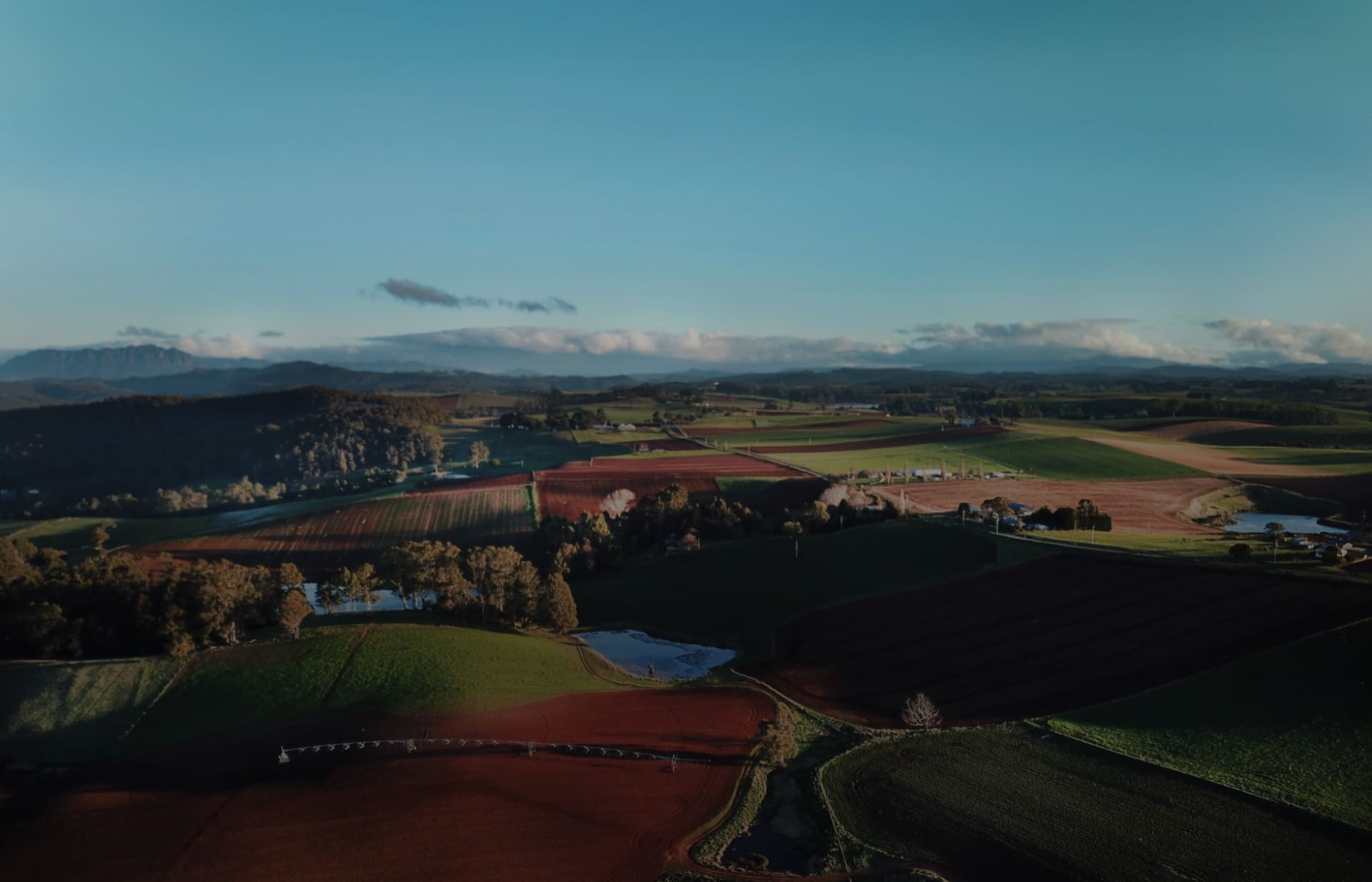30 January 2024
Vegalogue #6 – Onions Australia merger, pre-harvest sanitation, snacking vegetables, Gatton AgTech
Podcast
Technology, Industry development and communication and more
Onions and Leafy vegetables
19 January 2024
Smart Farm technology for better farming and ecosystems
Article and Video
Technology and On-farm and crop management
19 January 2024
Tracking and cutting down microbial contamination in leafy vegetables
Article
Postharvest and supply chain, On-farm and crop management and more
Leafy vegetables and Herbs
19 January 2024
The hidden menace: tackling internal fruit rot in capsicum
Article
Pests diseases and biosecurity and Research
18 January 2024
Harnessing the power of cover crops for enhanced soil health
Article
On-farm and crop management
18 January 2024
Varroa mite – what to consider now that it’s here
Article
Pests diseases and biosecurity
18 January 2024
Onions Comms & Extension supporting growers update
Article
Industry development and communication and Regional development
Onions
18 January 2024
Meet International Business Innovation Mentoring Program participants
Article
International trade and markets
Onions, Potatoes and more
15 January 2024
Video: Pre-harvest sanitisation of leafy green vegetables (VG22008)
Video
Postharvest and supply chain and Research
Leafy vegetables
The greatest risks of microbial contamination of leafy vegetables exist pre-harvest, and irrigation water is one of the main vectors. To understand the global knowledge base around these risks, the University of Tasmania undertook a literature review into pre-harvest sanitation of leafy vegetables as part of a levy funded project.
AUSVEG’s Tom Bicknell spoke with project leaders Adjunct Professor Tom Ross and Senior Research Fellow Dr Alieta Eyles of the University of Tasmania about their findings and where it pointed to for future research.

